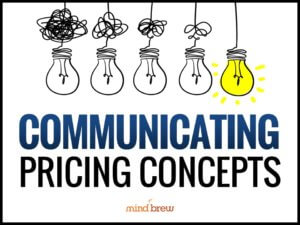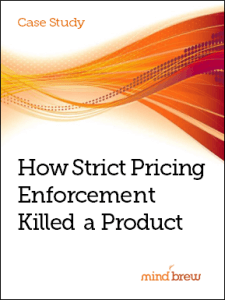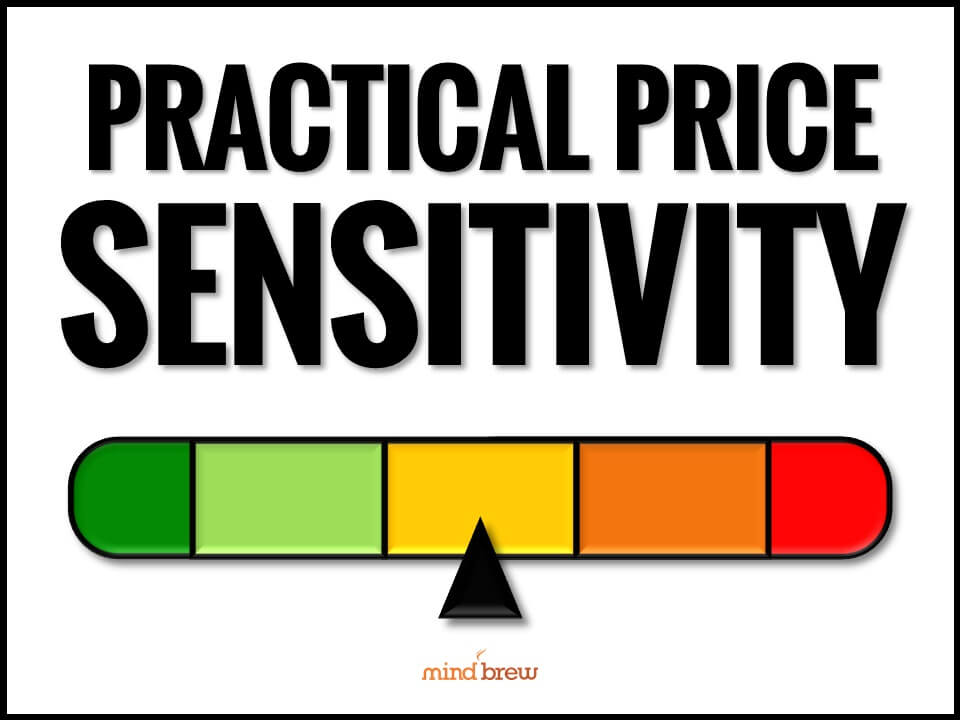There are a lot of “easy answers” to the question of why B2B salespeople are so quick to offer discounts. It’s tempting to say the do it because they don’t want to lose the sale or because they care more about their commissions than about what’s right for the company. Or maybe they do it because that’s just what they’ve always done or because it’s the easy way out. We’ve even heard disgruntled pricing practitioners say that salespeople offer deep discounts “because they’re idiots.”
While it’s easy to blame salespeople for pricing problems, the truth is that these “easy answers” are usually too simplistic to capture the true nature of pricing problems. When you examine the issue more deeply, you might discover that your salespeople are frequently offering discounts because you have a larger problem.
Here are five of the most common pricing problems that lead to discounts:
- Lack of an accurate pricing structure that reflects differences among customers. A 20-person accounting firm in Omaha simply may not be willing to pay the same prices as a 5,000-person tech company in Silicon Valley. If you haven’t done an effective job segmenting customers and aligning prices to those various segments, your salespeople will have no choice but to discount if they want to win business.
- A weak or non-existent value story that clearly communicates differential value. You may believe that your products command a 20 percent higher price than the competition because they help your customers save 40 percent in overall costs, but if your salespeople and your customers don’t believe that, you’re never going to be able to charge those higher prices. Arm your salespeople with sales materials that clearly show why your product is better than any alternative available, including the option of buying nothing at all.
- Poor training of the sales team to create real belief in the efficacy of the products. Bottom line: if your salespeople think your products suck, they’re not going to want to ask customer to pay very much for them. Make sure your sales training program includes explicit demonstrations of your products and details about what makes them so great. (And if it turns out you really don’t have great products, then you have a product problem, not a pricing problem.)
- Lack of management reinforcement that it’s OK to push back on discount demands. If managers are giving the message that sales must win business at any cost, than that’s what the sales team will do. Again, an effective sales training program—backed up by a culture that emphasizes good pricing—can help a lot.
- Incentive systems that encourage revenue production at the expense of margins. When it comes right down to it, salespeople really do care a lot about their commissions. If your compensation program emphasizes revenue rather than profits, then you are going to get a lot of sales with very low margins.
The good thing about finding the root causes for discounting issues rather than settling for simplistic excuses is that that all of these issues can be fixed. And the solution to the problem is usually readily apparent once you have an accurate diagnosis.
An excellent first step for obtaining that diagnosis is to increase your understanding of how salespeople think. The PricingBrew tutorial Five Steps Toward Understanding Salespeople can help get you headed in the right direction.














